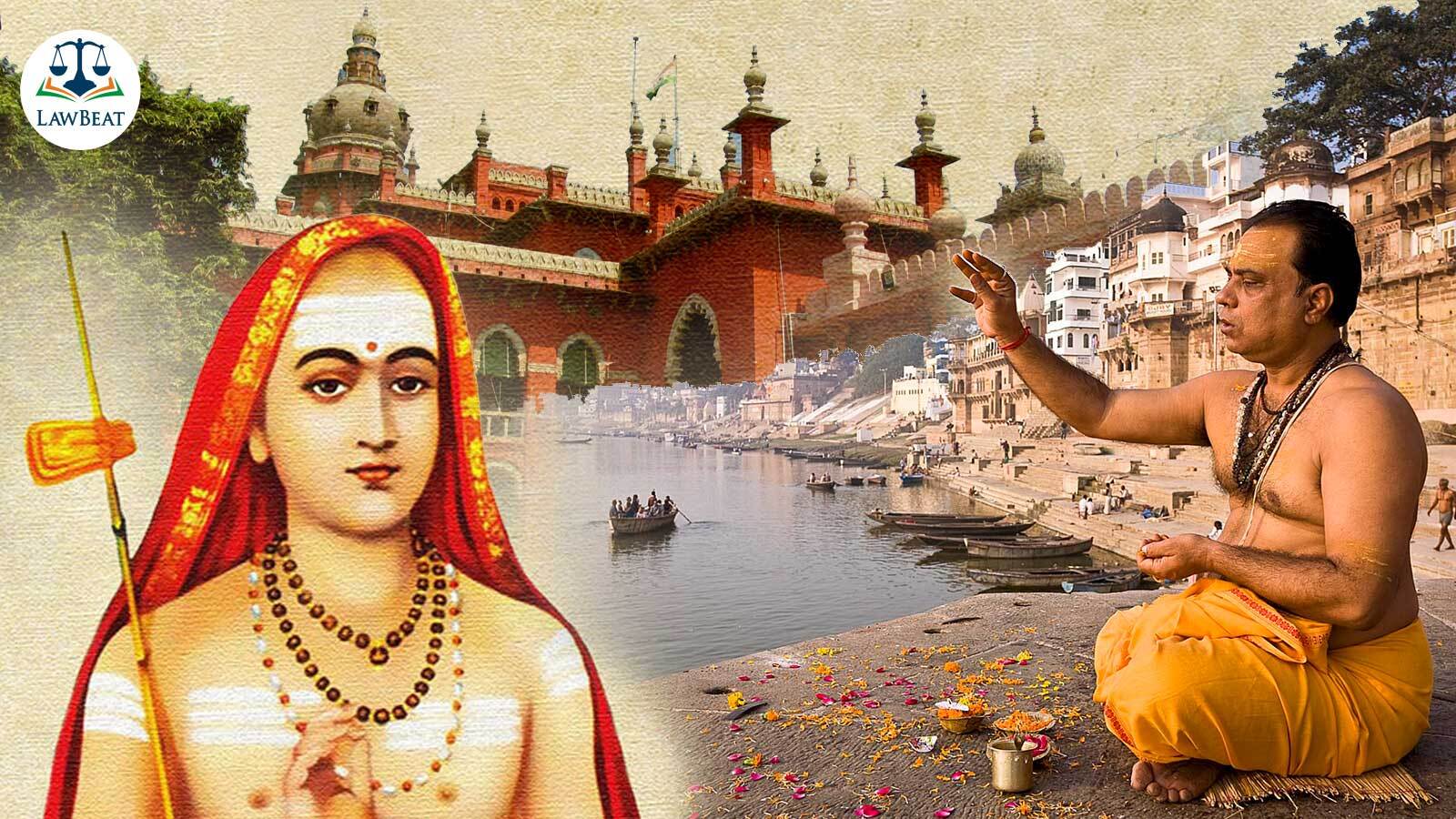“Smartha Brahmins not entitled to benefits under Article 26": Madras High Court

Justice R Vijay Kumar of Madras High Court has held that Smartha Brahmins are just a caste/community without any peculiarity specifically attributable to them which distinguishes them from other Brahmins of Tamil Nadu. The court has concluded that they cannot call themselves a "religious denomination" and they are not entitled to the benefits under Article 26 of Constitution of India.
The above was held in a plea filed by Smartha Brahims Living in the State of Tamil Nadu. The plea claimed that thy are entitled to the benefits and privileges conferred under Article 25(1), Article 26, Article 29(1) and Article 30 (1) of Indian Constitution in view of their minority character. The plea also sought for directions of the court to the government not to enforce on them any Act, Rules, Regulations and Notifications which take away their rights as a minority community.
It was contended that they are followers of Advaita Vendanta founded by Adi Sankara and are scattered throughout the State of Tamil Nadu. According to the petitioners, Smartha Brahmins area minority group within the larger minority group practising the Advaita Philosophy. It has been contended that Smartha Brahmins have a peculiar mode of wearing apparel while performing their religious ceremonies. It is also their contention that right from birth to death, they have their individual stamp in their ceremonies and all of them are in Sanskrit language.
Another prayer in the plea is to direct the educational authorities not to interfere in the functioning of a school that they had started in Tuticorin in 1924. To this effect the community contended that they are entitled to the privileges conferred under Article 30 of Indian Constitution because of their minority character. It was also contended that the educational authorities are interfering in the day to day administration of the school and should be restrained from doing so, in view of the minority character. They prayed for a declaration that they are entitled to the benefits and privileges conferred under Articles 25 to 30 of Indian Constitution.
The court held that the plea has been filed in a representative capacity, however there is nothing to show that they have the authority to file a present suit representing the Smartha Brahmins of the State of Tamil Nadu. It was held that the proceedings were initiated only representing 500 houses of Brahmin colony now called as New Colony in Tuticorin and not on behalf of all the Smartha Brahmins.
The court further took the view that that after enactment of Central Act 2 of 2005 (national commission for minority), a Civil Court will not have any jurisdiction to decide about the minority character of any educational institution.
The court concluded that in view of many judgments by various High Courts and the Supreme Court it is clear that a common faith of community should be based on religion and it is essential that they should have common religious tenets which connects them and it should be religion. A view has been taken that in the present case, the petitioner have failed to establish that they are having some common religious tenets peculiar to themselves other than those which are common to the entire Hindu community in general.
The court has held that whatever religious ceremonies, philosophy or rituals stated to be followed by the petitioners are also followed by other Brahmins in the State of Tamil Nadu. It has been held that the court is of the view that the petitioner have utterly failed to establish that they constitute a denomination as a Smartha Brahmins in the State of Tamil Nadu.
With regard to the prayer pertaining to the control of the school, the court held that a community which does not constitute a denomination is not entitled to the benefit under Article 26 of Constitution of India. Article 26 of the constitution of India guarantees to a religious denomination a right to manage its own affairs in matters of religion. The court held that the School is run by the petitioners as an aided Institution based upon general curriculum of the State.
It has been held by the court that Smartha Brahmins is just a caste/community without any peculiarity specifically attributable to them which distinguishes them from other Brahmins of the State of Tamil Nadu. Hence, they cannot call themselves to be a religious denomination. Consequentially, they are not entitled to the benefits under Article 26 of Constitution of India.
Case title: Smartha Brahmins Living in the State of Tamil Nadu Vs Union of India
